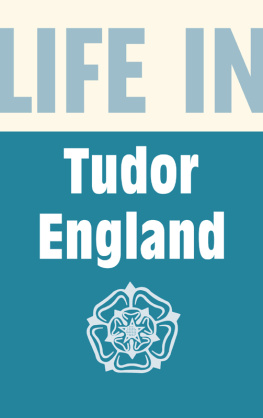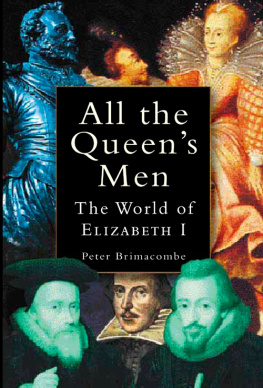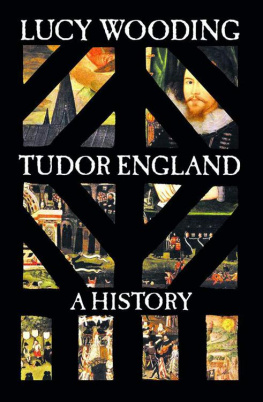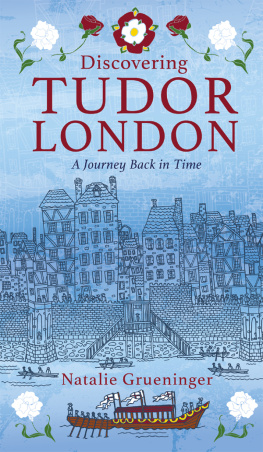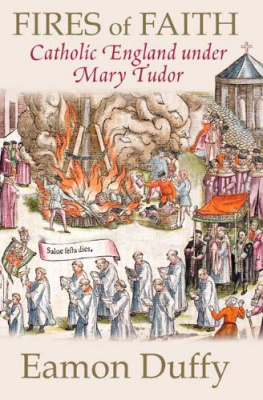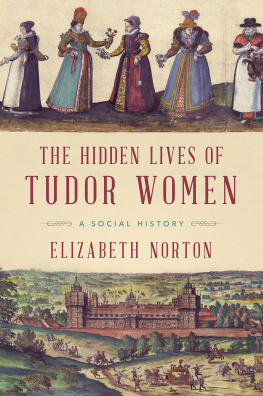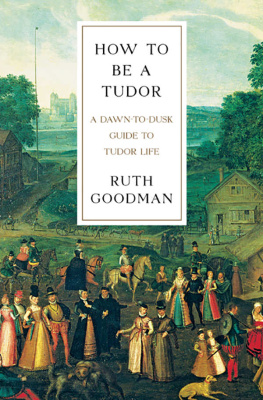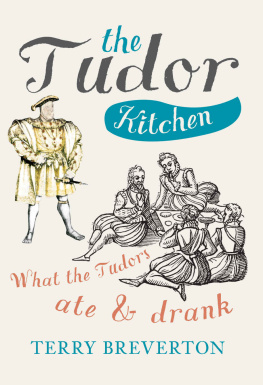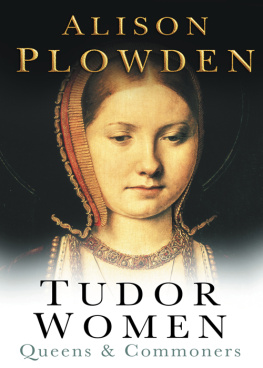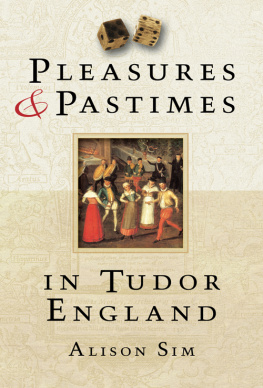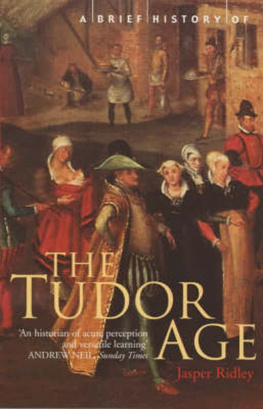Pitkin Publishing
The Mill, Brimscombe Port
Stroud, Gloucestershire, GL 5 2 QG
www.thehistorypress.co.uk
This ebook edition first published in 2013
All rights reserved
Text Pitkin Publishing, 2002, 2013
Written by Peter Brimacombe. The right of the Author, to be identified as the Author of this work has been asserted in accordance with the Copyrights, Designs and Patents Act 1988.
This ebook is copyright material and must not be copied, reproduced, transferred, distributed, leased, licensed or publicly performed or used in any way except as specifically permitted in writing by the publishers, as allowed under the terms and conditions under which it was purchased or as strictly permitted by applicable copyright law. Any unauthorized distribution or use of this text may be a direct infringement of the authors and publishers rights, and those responsible may be liable in law accordingly.
EPUB ISBN 978-0-7524-9173-8
MOBI ISBN 978-0-7524-9172-1
Original typesetting by Pitkin Publishing

Important Dates
1485 Henry Tudor wins the Battle of Bosworth Field and becomes Henry VII.
1509 Henry VIII succeeds his father Henry VII.
1515 Thomas Wolsey becomes Lord Chancellor of England.
1534 The Act of Supremacy makes Henry VIII head of the Church in England.
1536 Dissolution of the monasteries; Catholic Pilgrimage of Grace uprising crushed.
1545 The warship Mary Rose sinks in the Solent.
1549 Book of Common Prayer.
1554 Wyatts rebellion fails; execution of Lady Jane Grey, the nine days queen.
1564 William Shakespeare born.
1580 Francis Drake returns after sailing around the world.
1587 Execution of Mary Queen of Scots.
1601 The Earl of Essex rebels against the Queen, and is executed.
1487 Lambert Simnels rebellion fails to depose Henry.
1513 Battle of Flodden: English defeat Scots.
1533 Henry marries Anne Boleyn; Princess Elizabeth is born.
1535 Execution of Thomas More, Lord Chancellor since 1529.
1542 Battle of Solway Moss: English defeat invading Scots.
1547 Henry VIII dies; Edward VI becomes king.
1553 Edward VI dies; Mary I becomes queen, and in 1554 marries Philip, Prince of Spain.
1558 Calais is lost; Mary dies; Elizabeth becomes queen.
1568 Mary Queen of Scots flees from Scotland to England.
1584 Walter Raleigh founds a colony in Virginia.
1588 Defeat of the Spanish Armada.
1603 Elizabeth I dies; James VI of Scotland becomes James I of England.
The Tudor Age
THE TUDOR AGE WAS a pivotal period of English history, and affected all parts of the British Isles. In little more than a century, England was transformed: from a medieval kingdom won in battle to a thrusting modern state; from an insignificant offshore island to a world power. It was a time of enterprise and opportunity, when people of humble background could rise to greatness serving monarchs who ruled as autocrats.
Catholics and Protestants fought for peoples souls, while intellectuals and artists were inspired by the spirit of inquiry and energy of the Renaissance. Bold seamen in sailing ships broadened the horizons of the known world and challenged the might of Spain, Europes dominant superpower. The defeat of the Spanish Armada in 1588 was a national triumph, preserving the rule of Henry VIIIs daughter Elizabeth I as Gloriana, and through war and troubles the nation prospered.
Englands population doubled; towns expanded and London became one of the major cities of Europe. Industry grew as an alternative wealth-creator to agriculture, and the merchant classes sought political power to match their wealth. Immigrants arrived: by the 1580s one third of the population of Norwich were Flemish refugees from religious persecution in the Netherlands. Tudor England achieved a sense of pride and nationhood, and a growing reputation for scholarship and literature.
With the passing of Elizabeth I in 1603, the golden age dimmed; Tudors gave way to Stuarts, and a fresh chapter for a newly united kingdom opened.
Tudor Kingdom
HENRY TUDORS DEFEAT of Richard III at Bosworth in 1485 began the Tudor age. The kingdom he acquired through force of arms had been ravaged by the long-running Wars of the Roses. Henry established lasting peace and his citizens benefited accordingly. The England which his son Henry VIII inherited 24 years later was a far happier place.
Henry VIIIs dramatic break with Rome, the dissolution of the monasteries, the conquest of Ireland and his numerous marriages initially had little effect on people outside the Court. Thus his grateful subjects could improve their fortune and social status unhindered.
A rapidly expanding middle class became increasingly affluent, particularly the numerous merchants and traders men such as the successful glover John Shakespeare whose third son became the greatest dramatist the world has ever known. In these favourable circumstances many men of lowly origins became hugely successful. Thomas Wolsey, a butchers son, rose to Cardinal and Lord Chancellor. The father of the equally powerful Thomas Cromwell had been a cloth worker, while Archbishop Thomas Cranmer was originally a divinity lecturer.
Fortunes took a downturn when Henrys sickly son Edward became king. Inflation rose rapidly during his short yet disastrous reign and spiralled out of control when his half-sister Mary became ruler. Prices doubled between 1540 and 1558 when this unhappy and unpopular queen, who had attempted to restore Catholicism amidst brutal religious persecution, died. Thus Marys half-sister, Elizabeth, inherited a dispirited and divided nation. Yet, aided by a wise Council, she turned England into a kingdom envied by the rest of the world. This much loved monarch enabled her citizens to become proud and prosperous, ending the Tudor dynasty in triumph.
Rich and Poor
WHEN HENRY VII became king, Englands population was under two million, but by the end of his granddaughter Elizabeths reign it had risen to more than four million, with one fifth of people living in towns. London had grown from a mere 60,000 citizens to over 300,000, other major towns being Norwich, the centre of the textile trade, Bristol, the second largest port after London, and York, the capital of the north. Elsewhere, Maid-stone was twice the size of Manchester, and Stratford-upon-Avon was a thriving market town with nearby Birmingham merely a village.
This population explosion prompted a massive building programme. The attractive half-timbered buildings in places such as Lavenham, Shrewsbury, Stratford-upon-Avon, Chester and Ludlow date back to Tudor times. Yet romantic-looking faades often concealed squalid interiors. The floors are commonly of clay strewn with rushes under which lie an ancient collection of beer, grease, fragments of bone, spittle, excrement of dogs and cats and everything that is nasty, complained Erasmus in 1530. The learned Flemish humanist was the archetypal complainer, moaning about Cambridges cold, damp climate and the raw, small and windy college ale.
ELIZABETHAN POOR LAWS
Poverty became an increasing problem in the 16th century as numerous vagrants roamed the country. In 1570 there were 2,000 beggars in Norwich alone, 10 per cent of that citys population. Repressive Poor Laws were enacted and poor houses established which offered conditions so dire that only the most needy could not refuse them. Elizabethans, however, although materialistic, could be remarkably charitable and money hitherto given to the church now often went to the poor.
Next page
